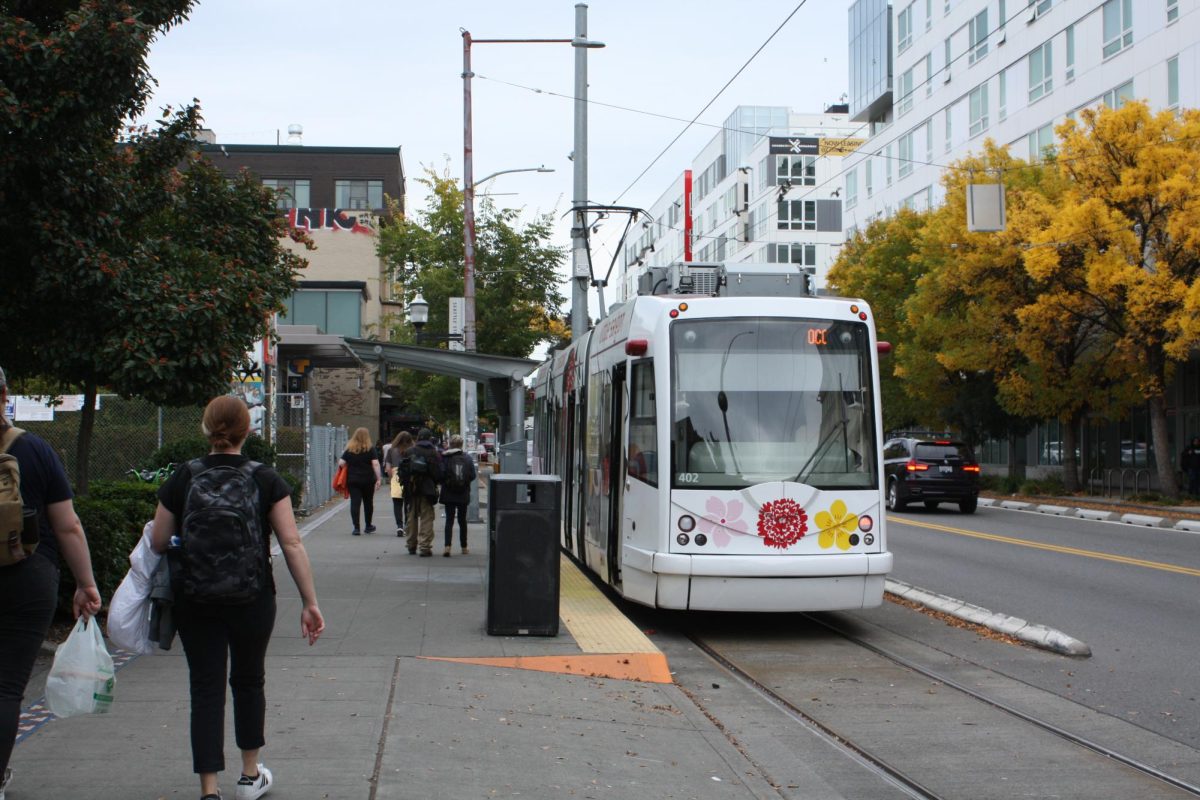In an 8-1 vote, the Seattle City Council recently passed the reimplementation of two bills; the “Stay Out of Drug Area” bill (SODA) and the “Stay Out of Area of Prostitution” (SOAP) bill. Similar versions of these bills were created and existed in Seattle up until 2020 but were removed due to “having a disproportionate impact on communities of color and negatively impact[ing] already vulnerable populations without improving public safety.”
Taking a location-based approach, SODA aims to reduce crime in the city by barring individuals with a drug-related charge or those with a tie to illegal drug activity from entering certain geographical locations. Judges will have the authority to issue orders for those convicted of drug possession or public drug use. Six different SODA zones in Belltown, Downtown, Pioneer Square, Chinatown-International District, University District and Capitol Hill will go into effect Oct. 23.
Of a similar nature, the SOAP zone is a revised prostitution loitering law that seeks to bar individuals from entering the vicinity of Aurora Avenue North, particularly focusing on those soliciting sex work as opposed to sex-workers themselves. By targeting and excluding buyers, the hope is to decrease the level of commercial sexual exploitation.
Recognizing the proven ineffectiveness of the previous existence of the twin bills, City Council Member Tammy Morales was the one oppositional vote, arguing that similar zones in the past didn’t reduce drug use or human trafficking.
“Seattle has been using exclusionary policies for 25 years off and on, and we haven’t meaningfully addressed any of these issues,” Morales stated during the Sept. 17 City Council broadcast.
She also noted that this is why the decision was made to abandon these laws previously, during that same broadcast at the city council meeting in September of this year.
Social Work Professor at Seattle University Sam Harrell critiqued the city’s approach to handling houselessness.
“SODA and SOAP are thinly veiled mechanisms for disappearing Seattle’s most vulnerable community members. These banishment zones allow city officials to temporarily ‘clear’ popular commerce areas of unsheltered people while filling our city jail. They do not address social problems; they exacerbate and create them,’’ Harrell wrote in an email to The Spectator.
While Harrell highlights how policies like SODA and SOAP displace vulnerable people without addressing the root issues, others express similar frustration, seeing these laws as a means to criminalize and further marginalize vulnerable populations.
Reign Riley, president of the Direct Action Coalition (DAC), also expressed discontentment with the laws.
“Both of these laws are just criminalizing victims and banning victims from public spaces, which, in our minds, is essentially abandoning them,” Riley said.
Riley then spoke about how, rather than implementing punitive measures against vulnerable populations, there should be greater access to social services in areas with a greater number of displaced people. He noted that effective enforcement of the proposed laws would require police to recognize individuals, which would necessitate technology that the Seattle Police Department (SPD) may lack, especially with current staffing issues. He suggested that this could give SPD an excuse to ask the city for more funding, claiming that if the laws fail, it would be because there aren’t enough personnel.
Zoe Mason, vice president of DAC, supported Riley’s viewpoint, adding that these policies effectively prevent people in poverty, those without housing and individuals lacking access to social services from getting the help they need.Mason also raised concerns about the potential consequences of current policies on harm reduction efforts.
“We’re not going to be able to implement harm reduction strategies because we won’t know where these individuals are anymore,’’ Mason said.
Both Mason and Riley agreed that the solution lies in funding social services rather than putting additional money into law enforcement. Instead of spending funds training police, they hope to see diversion into programs that seek to provide people with resources for long-term recovery and stability.
They ended by saying that these policies seem more focused on making new residents and businesses in gentrified areas feel safer, rather than helping those who are struggling. Mason further pointed out that many of their experiences with unhoused individuals in the area, including those who may be using drugs, have never been negative or made her feel unsafe.
Seattle U Law Professor Deborah Ahrens shared similar doubts about the effectiveness of these bills.
“There’s no proof that prosecuting people with drug addictions actually reduces substance use,” Ahrens said.
Ahrens then addressed the historical context of similar laws, noting that they have disproportionately harmed minority communities, particularly Black and Latino people. She underscored that these laws were previously repealed due to concerns about racial disparities, and warned that the same patterns could reemerge. Similarly to Riley and Mason, Ahrens suggested that a more effective solution would be to increase access to housing and social services for those in need.
Many share these perspectives on the importance of increasing access to housing and social services. However, another solution suggested by Harrell would be to eliminate the laws and barriers that criminalize the houseless population in the first place.
Harrell believes there is a need to decriminalize drug use and sex work in its entirety. They explained that legalization creates a tiered system of “above” and “underground” economies, which guarantees criminalization, state violence and leaves unsheltered communities vulnerable to police profiling and violence.
As Seattle moves forward with the SODA and SOAP bills, many are left wondering if they’ll truly make the city safer or if they’ll bring back old issues, like racial disparities in law enforcement. Many feel that without addressing the root causes, the epidemic of houselessness and substance abuse will persist, leaving one wondering what types of meaningful change could be implemented to support rather than counter the existence of sex workers and unhoused people.







